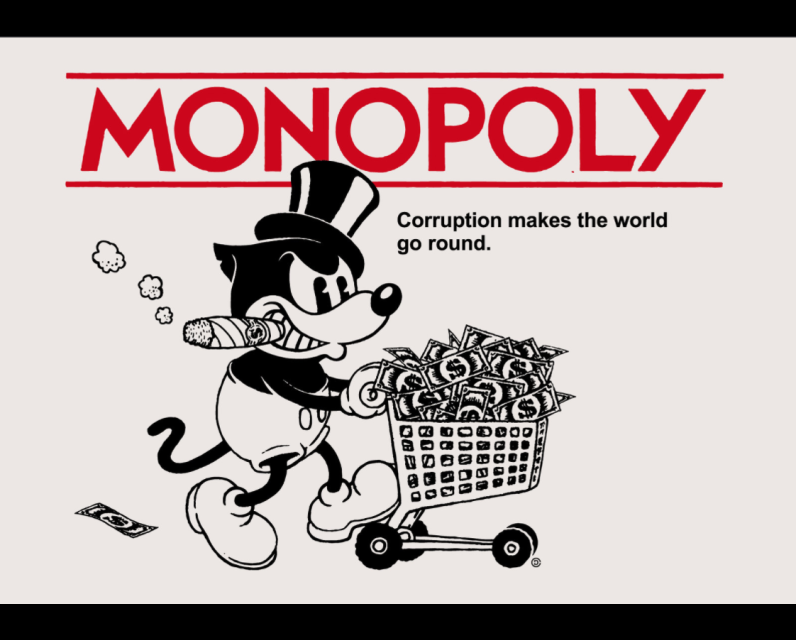Unpublished Opinions
Pat has been volunteering with the Greens since he was able to vote. Starting as a canvasser and road-sign installer, he worked his way into positions including volunteer coordinator, campaign manager and chief financial officer. When he was 21 years old, Pat represented the Greens as the candidate in Ottawa-West Nepean for the 2018 provincial election, after which he earned his diploma in Horticultural Industries at Algonquin College.
Pat is now preparing to complete his final semester at the University of Ottawa studying Environmental Economics and Public Policy. During his studies, he completed research with the Vanier Community Association to help develop an Intergovernmental Homelessness Strategy Analysis, presented a paper on the prospect of a provincial public school garden network, and delivered a mock memorandum to cabinet on how the government can fund music therapy as a supplement to addictions and mental health treatments.
Pat also has extensive experience working in customer service, having worked 6 years at McDonald’s, and the last 3 years at Gabriel Pizza.
What if governments achieved unlimited spending powers in response to armageddon?

COVID-19 is not, by itself, armageddon. Armegeddon could be the amalgamation of the global crises facing the world today, including COVID-19. What does the ebb-and-flow of political power really represent in society?
This letter was inspired by a film study.
Imagine if the government of Canada had achieved total control over government expenditures during an economic shock to the scale of COVID-19. Leading up to the 2019 Canadian Federal Election, hot topic discussions included national pharmacare, guaranteed annual income, and other progressive social and environmental policies were donned by 3 of the contending mainstream parties. While the Conservative opposition was recently praised by the media for doing their job policing the government during a crisis, what about the other parties calling for expensive social reforms during the election 7 months prior? The same right-wing tent that is dominating politics in Canada’s provinces, has executives in private media. You don’t easily hear about what’s unfolding in Conservative provinces beyond their responses to the pandemic - you must seek the information yourself. This type of sleuthing is demonstrated in Naomi Klein’s work, The Shock Doctrine, which inspired this train of thought.
Comparing Canada’s political landscape today, the majority of Canadian provinces are governed by a Conservative / right-wing political parties - some for longer than others. Politico’s have compared Canadian mainstream right-parties to that of the Republican party for their American neighbours. Had Prime Minister Justin Trudeau succeeded in granting majority powers to a minority government, we could have seen the types of decisions being made by governments like British Prime Minister Margaret Thatcher’s post-Falkland-war majority government. Regarding social and environmental reforms, it’s interesting to note that in the mid 1980s, Canada’s Government was led by Prime Minister Brian Mulroney - Canada’s ‘Greenest’ Prime Minister - with an impressive majority government. Where as Thatcher, Mulroney, and Reagan adorned Friedman economic counsil, the policies dictated by his free market agenda were experimented on by the CIA using Authoritarian Junta-Dictatorships in Latin America prior to the Falkland War. Dictatorships that created a crater in the wealth gap of their countries.
Observable in the hindsight of clock-work economic-catastrophes following the disbarment of government control over scarce-resource monopolies, is proof of how greed ultimately overcame Friedman’s theoretical utopia of the free market providing sufficient income and eliminating state-welfare. As a concequence of privatizing Crown Corporations, global markets collapsed in the long run. Privatization made the system easy to manipulate to benefit the 1%. When governments bailed out companies, executives gave themselves bonuses while some people civil society lost their source of revenue, and maybe even their home. Right-wing free-market-capitalism led by the west ended up being a time-bomb.
The Liberal Party of Canada, and the New Democratic Party of Canada embody the beaten and bruised socially progressive ideologies of the West, along with the neglected responsibility we have to the global environment reminded to us by the Green Party of Canada. Now imagine if these three parties came together to pass huge expenditure budgets. Together they could form a sort of chrysalis through which the greatest experiment in the modern would unfold. The political right in Canada has an iron grip on the perception of government affairs nationally, criminalizing this power grab by a left-leaning regime, when really it could be the very thing the world needs. Simulate if the Members of the Canadian Parliament put politics aside - completely dissolved the agenda of their political cohorts - and came together coordinate government spending to solve the crises that comprise armageddon during this moment of economic and social shock. With politics excluded, ‘absolute power’ doesn’t seem so bad.
COVID-19 is arguably an economic shock comparable to the calibre of war. A shock that forces a metamorphosis of how governments balance the trifecta of The State, and even the triple bottom line. Would we see something along the line of a command economy? Would this only be temporary response? Physical rehabilitation is difficult. State rehabilitation during a crisis - seemingly unfathomable. Yet necessary today.



Comments
Be the first to comment